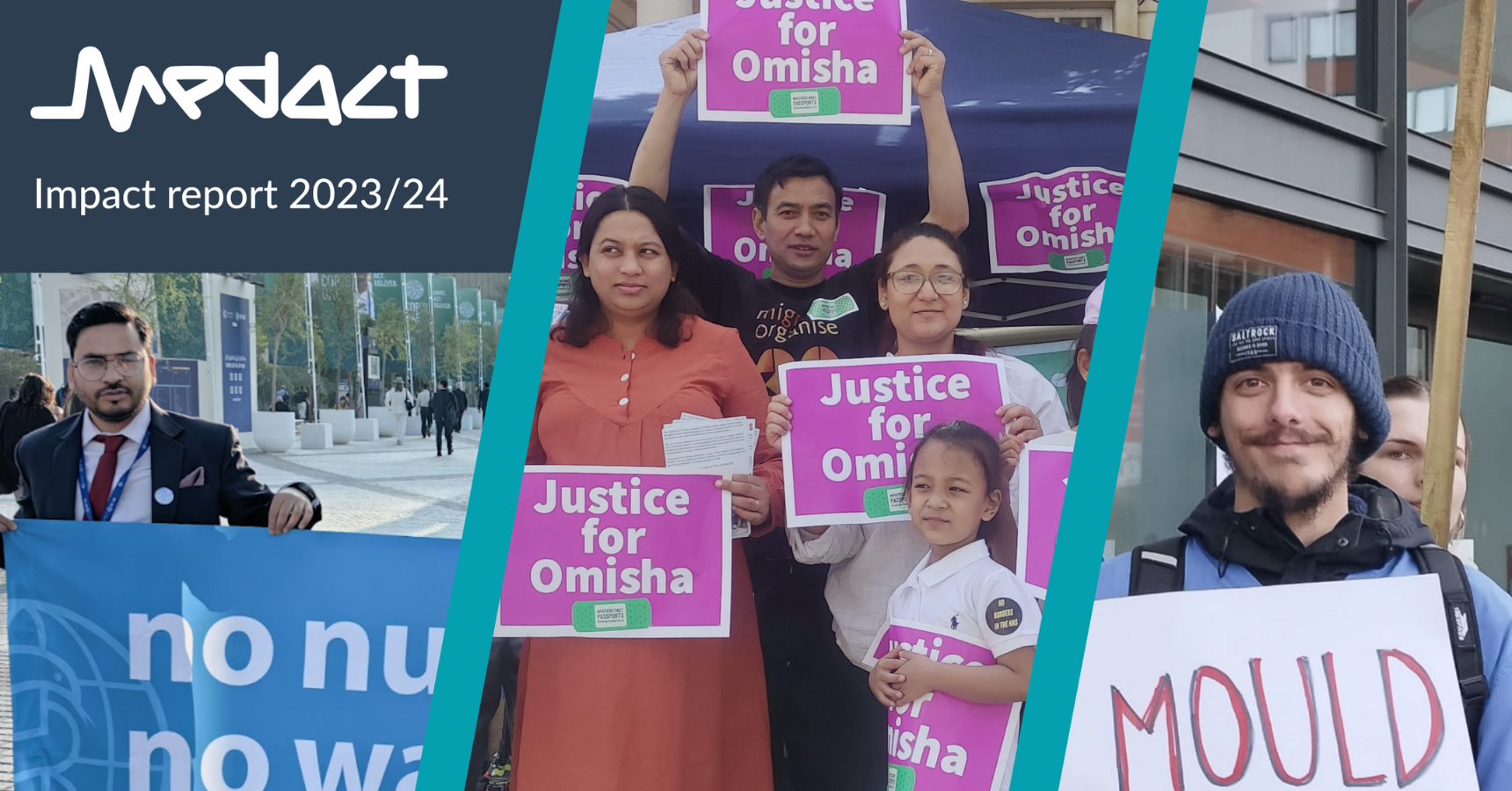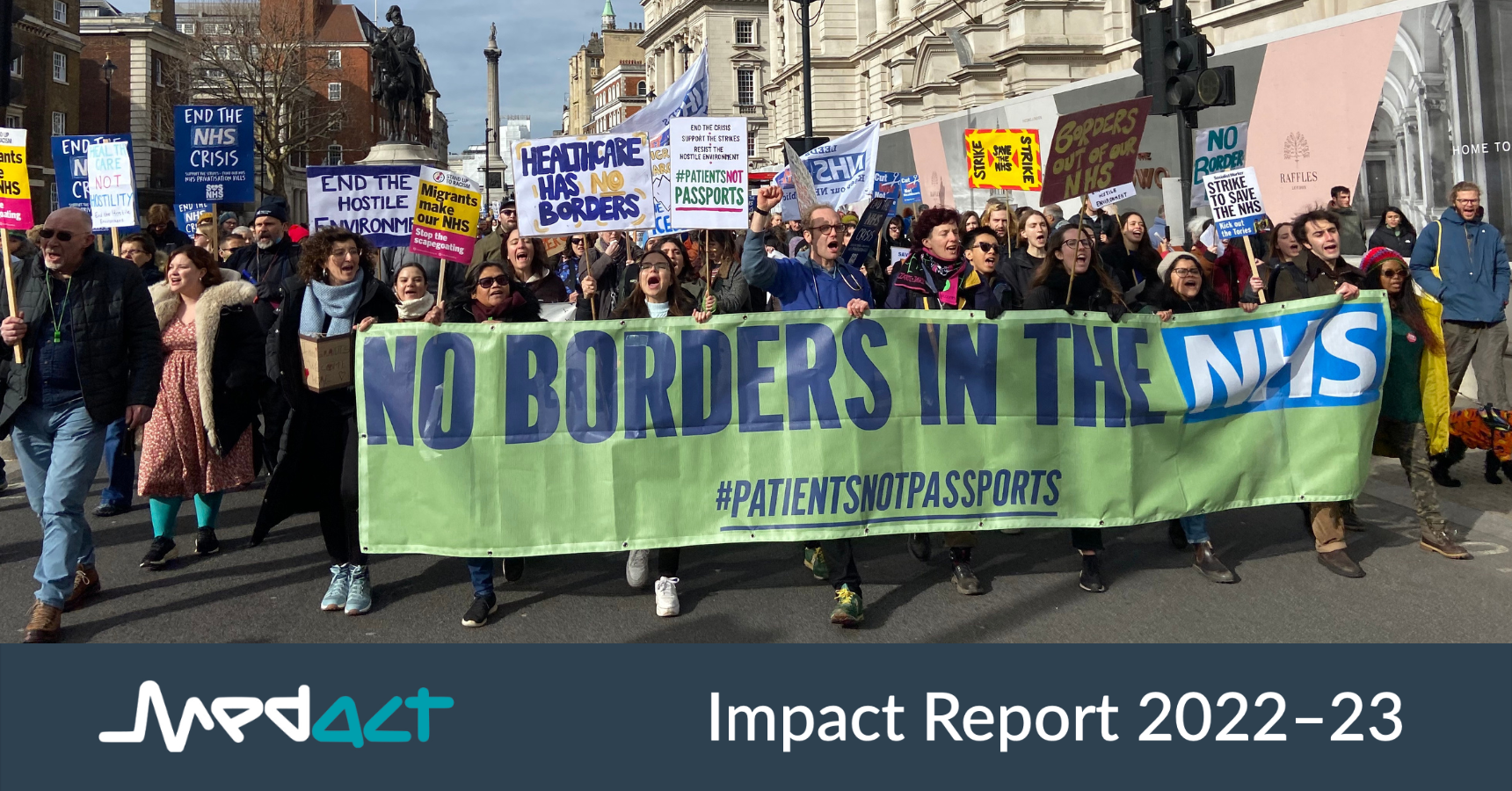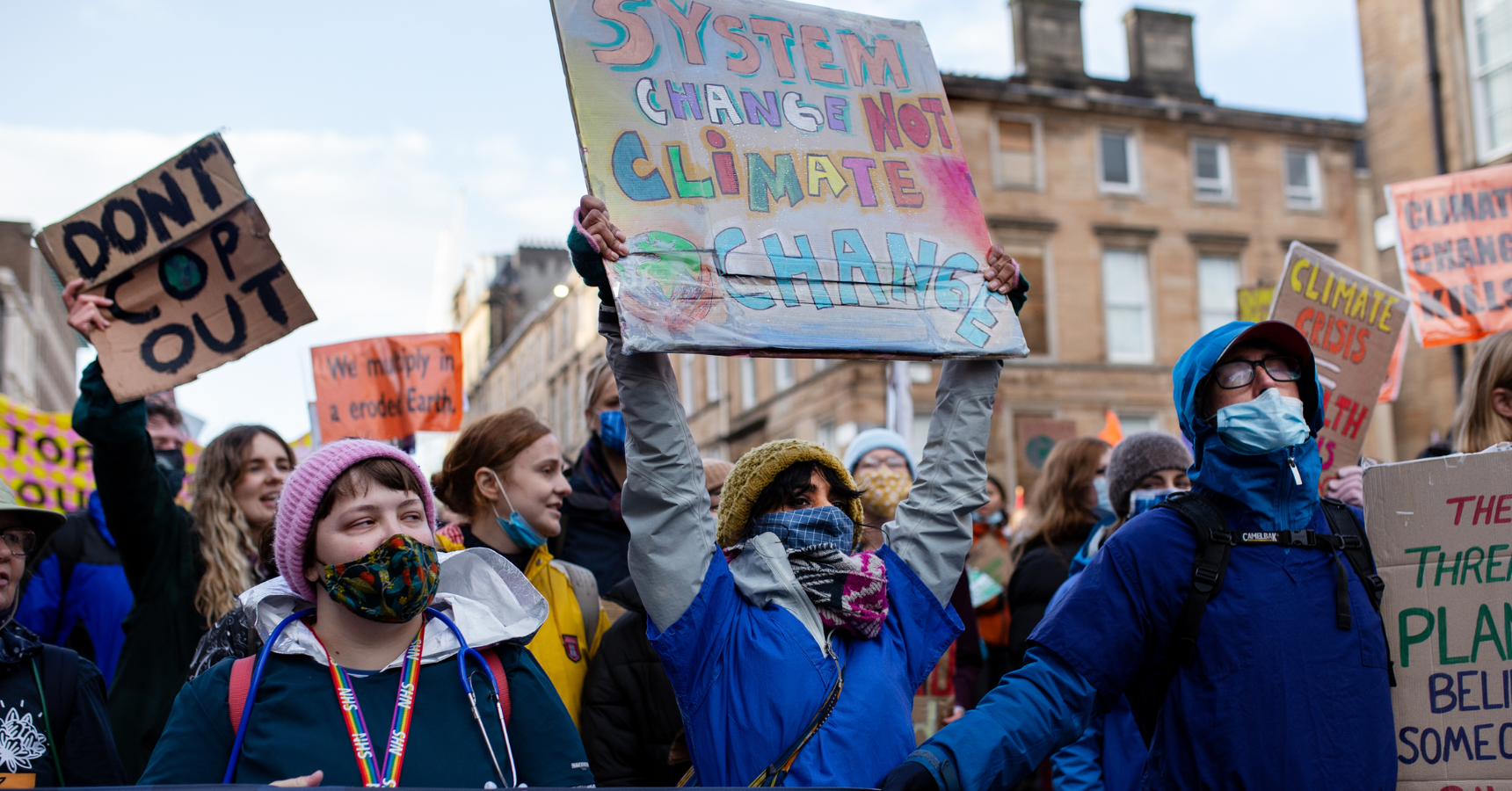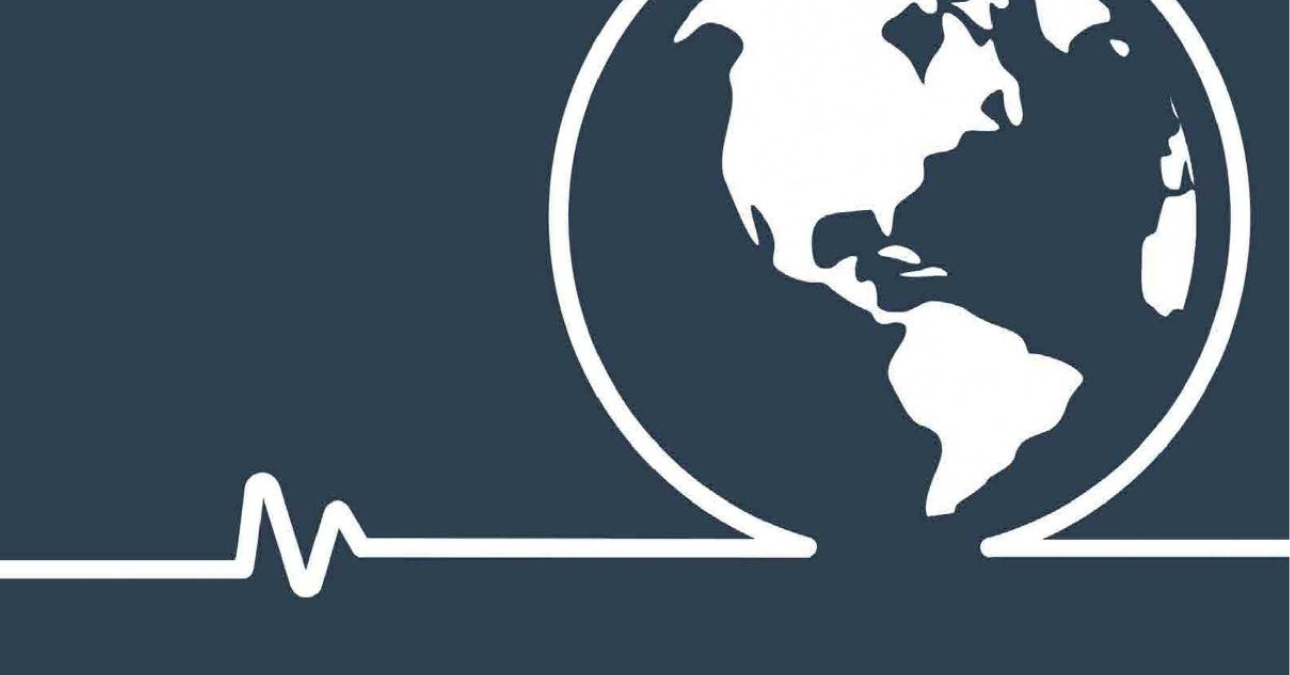-
Medact Impact Report 2023–24

This is the digital edition of our Impact Report 2023–24
-
Medact Impact Report 2022/23

This is the digital edition of our Impact Report 2022–23
-
Medact Impact Report 2021–22

It’s 30 years since Medact was founded on the merger of two medical groups campaigning against war and nuclear weapons.
-
Annual Report 2020/21

Our 2020 Annual Report provides an overview of our work and direction in the last year, including how this has pivoted in response to the coronavirus pandemic.
-
Annual Report 2019/20

Our 2020 Annual Report provides an overview of our work and direction in the last year, including how this has pivoted in response to the coronavirus pandemic.
-
Annual Report 2018/19

Our 2019 Annual Report is now available to read online – providing an overview of our work and direction in the last year.
-
Annual Report 2017/18

Our 2018 Annual Report is now available to read online. A round-up of all the amazing things that Medact has been up to over the past 12 months!
-
Annual Report 2016/17

This report sets out the broad scope of activities undertaken by staff and members, working to ensure that health professionals have a voice in discussions about issues such as conflict, […]
-
Annual Report 2015/16

This has been an exciting year for Medact. The success of our conference in 2015 raised aspirations, energy and enthusiasm. Once again, Medact has produced evidence and assessments of high […]
-
Annual Report 2014/15

Medact Annual Report 2014-15
-
Annual Report 2013/14

Our Annual Report includes our financial information for the past year as well as a six month update on our programmatic work. Medact Annual Report 2013-14